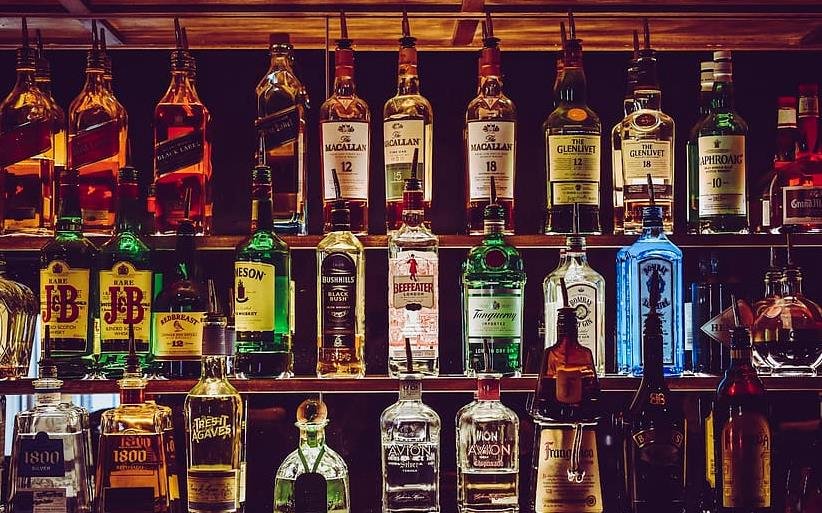The survey, called the B.C. Adolescent Health Survey, is a province-wide survey that has been conducted seven times since 1992. The survey aims to provide a comprehensive assessment of the health and well-being of B.C. youth, and to inform policies and programs that support them.

The survey covers topics such as home life, mental health, relationships, school experiences, substance use, physical activity, nutrition, sexual health, and more. The survey is voluntary and anonymous, and is administered in schools by trained staff.
The latest survey, conducted in 2023, involved about 38,500 students from 59 of the 60 school districts in B.C. The survey is representative of about 98 per cent of B.C. students in grades 7-12, aged 12-19.
The findings: A mixed picture of B.C. youth
The survey reveals a mixed picture of the health and well-being of B.C. youth, with some positive trends and some concerning issues.
On the positive side, the survey shows that fewer students are using substances such as alcohol, cannabis, and tobacco than ever before. The survey also shows that more students are physically active, eat breakfast, and get enough sleep than in previous surveys. The survey also shows that more Indigenous students can speak at least a few words of an Indigenous language, and that more students feel connected to their school and community.
On the negative side, the survey shows that more students are experiencing mental health challenges, such as anxiety, depression, and suicidal thoughts. The survey also shows that more students are engaging in self-harm, such as cutting or starving themselves. The survey also shows that more students are facing violence and abuse, such as bullying, sexual harassment, and dating violence. The survey also shows that more students are struggling with their body image, eating disorders, and sexual health.
The implications: A call to action for B.C. youth
The survey results have important implications for the health and well-being of B.C. youth, and for the policies and programs that support them.
The survey results highlight the need for more mental health services and resources for B.C. youth, especially for those who are experiencing self-harm, suicidal thoughts, or other mental health issues. The survey results also highlight the need for more prevention and intervention strategies to address the violence and abuse that B.C. youth face, and to promote healthy and respectful relationships. The survey results also highlight the need for more education and awareness on topics such as substance use, body image, eating disorders, and sexual health, and to provide B.C. youth with the skills and information they need to make healthy choices.
The survey results also celebrate the strengths and resilience of B.C. youth, and the positive changes they have made in their health and well-being. The survey results also celebrate the diversity and culture of B.C. youth, and the connections they have with their families, peers, schools, and communities.
The survey results are a valuable source of information for B.C. youth, parents, educators, health professionals, policymakers, and others who work with and care about B.C. youth. The survey results can help them understand the needs and experiences of B.C. youth, and to develop and implement policies and programs that support them.
Maria Garcia is an award-winning author who excels in creating engaging cannabis-centric articles that captivate audiences. Her versatile writing style allows her to cover a wide range of topics within the cannabis space, from advocacy and social justice to product reviews and lifestyle features. Maria’s dedication to promoting education and awareness about cannabis shines through in her thoughtfully curated content that resonates with both seasoned enthusiasts and newcomers alike.








